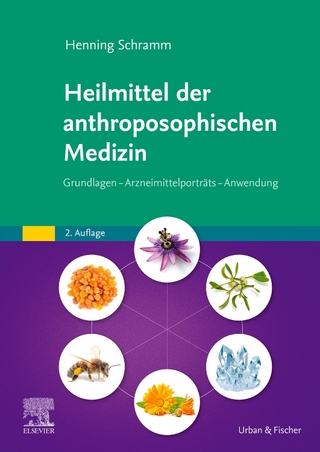
A Critical Overview of Biological Functions
Springer International Publishing (Verlag)
978-3-319-32018-2 (ISBN)
This book is a critical survey of and guidebook to the literature on biological functions. It ties in with current debates and developments, and at the same time, it looks back on the state of discourse in naturalized teleology prior to the 1970s. It also presents three significant new proposals. First, it describes the generalized selected effects theory, which is one version of the selected effects theory, maintaining that the function of a trait consists in the activity that led to its differential persistence or reproduction in a population, and not merely its differential reproduction. Secondly, it advances "within-discipline pluralism" (as opposed to between-discipline pluralism) a new form of function pluralism, which emphasizes the coexistence of function concepts within diverse biological sub-disciplines. Lastly, it provides a critical assessment of recent alternatives to the selected effects theory of function, namely, the weak etiological theory and the systems-theoretic theory. The book argues that, to the extent that functions purport to offer causal explanations for the existence of a trait, there are no viable alternatives to the selected effects view.
The debate about biological functions is still as relevant and important to biology and philosophy as it ever was. Recent controversies surrounding the ENCODE Project Consortium in genetics, the nature of psychiatric classification, and the value of ecological restoration, all point to the continuing relevance to biology of philosophical discussion about the nature of functions. In philosophy, ongoing debates about the nature of biological information, intentionality, health and disease, mechanism, and even biological trait classification, are closely related to debates about biological functions.
Justin Garson is an assistant professor of philosophy at Hunter College-CUNY. He has authored or co-authored dozens articles in the philosophy of science, the history of neuroscience and medicine, and biodiversity conservation. His first book, The Biological Mind: A Philosophical Introduction, shows how philosophical reflection on biology is crucial for solving long-standing puzzles of the human mind. He is also an editor of the forthcoming Routledge Handbook of the Philosophy of Biodiversity.
Chapter 1. What is a theory of function supposed to do?.- Chapter 2. Goals and Functions.- Chapter 3. Function and Selection.- Chapter 4. Function and Fitness.- Chapter 5. Functions and Causal Roles.- Chapter 6. Alternative Accounts of Function.- Chapter 7. Conclusion: What Next?.
"The author provides an impressive and concise review of the debate on the various accounts of functions that are held by recent and current philosophers. ... this book should be very helpful as a reference map of the accounts defended in current literature and as an introduction to the field. ... We advise it mostly for a philosophical readership, as a map of the field." (Maël Montévil, Science and Education, Vol. 26, 2017)
| Erscheinungsdatum | 08.10.2016 |
|---|---|
| Reihe/Serie | Philosophy of Science | SpringerBriefs in Philosophy |
| Zusatzinfo | VIII, 113 p. |
| Verlagsort | Cham |
| Sprache | englisch |
| Maße | 155 x 235 mm |
| Themenwelt | Geisteswissenschaften ► Philosophie |
| Medizin / Pharmazie ► Medizinische Fachgebiete ► Medizinethik | |
| Naturwissenschaften ► Biologie | |
| Schlagworte | Causal Role Theory • Function and Fitness • Function and Selection • Functions and Causal Roles • Goal-Directedness • Organizational, Modal, and Weak Etiological Theori • Organizational, Modal, and Weak Etiological Theories • Philosophy of Biology • Philosophy of Medicine • Religion and Philosophy • Selected Effects Theory • Theory of Function |
| ISBN-10 | 3-319-32018-1 / 3319320181 |
| ISBN-13 | 978-3-319-32018-2 / 9783319320182 |
| Zustand | Neuware |
| Haben Sie eine Frage zum Produkt? |
aus dem Bereich


